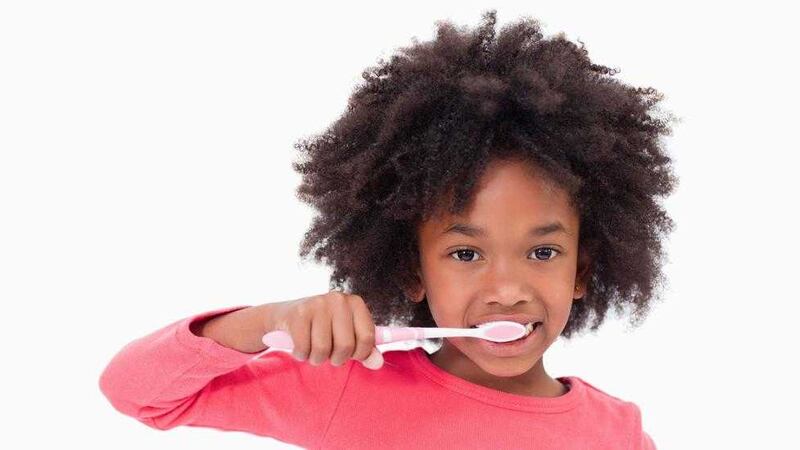ASK THE EXPERT
Q: "I have a family history of bad teeth and I'm worrying my five-year-old will also suffer. What can I do to help?"
A: Elaine Tilling, qualified dental hygienist and clinical education manager for TePe Oral Hygiene Products (www.tepe.com/uk), says: "Almost one in three five-year-olds suffers from tooth decay, largely due to us becoming a nation of 'sugar grazers', as sugar can cause an acid attack on the tooth surface.
"There are now, on average, 160 cases a day where children need to have up to three teeth extracted under general anaesthetic.
"Many parents may believe that milk teeth don't matter as they fall out, but milk teeth are hugely important as they hold the place for permanent teeth.
"If they're extracted, the space they are saving can be lost, causing problems with the adult teeth as they try to erupt into the mouth.
"Genetic predisposition also has a part to play, as the shape of a child's teeth as well as enamel thickness can all impact their chances of getting tooth decay, but a good oral hygiene routine and a sensible diet, that's low in sugar, can balance this predisposition in most cases.
"As children under seven lack the manual dexterity to brush effectively, it's vital that an adult supervises and assists them at least once a day, for two minutes at a time. Manual toothbrushes are generally better for children as electric brushes can damage soft tissue.
"Children only require a smear or pea-sized amount of toothpaste depending upon their age. Toothpastes have different fluoride contents to reflect the age and needs of the child. Ask your dental care professional for advice if you are unsure.
"Fluoride protects the teeth from acid attack and continues to work after brushing has stopped - rinsing out after brushing removes some of the protective fluoride and so spitting out the excess toothpaste without rinsing with water is encouraged for adults and children.
"Little ones' toothbrushes should be replaced every three months, but children can get them through at different rates. A rule of thumb is that if you turn the brush over and see the splayed filaments, it's time for change."








